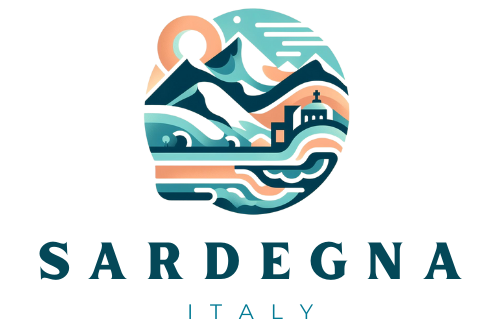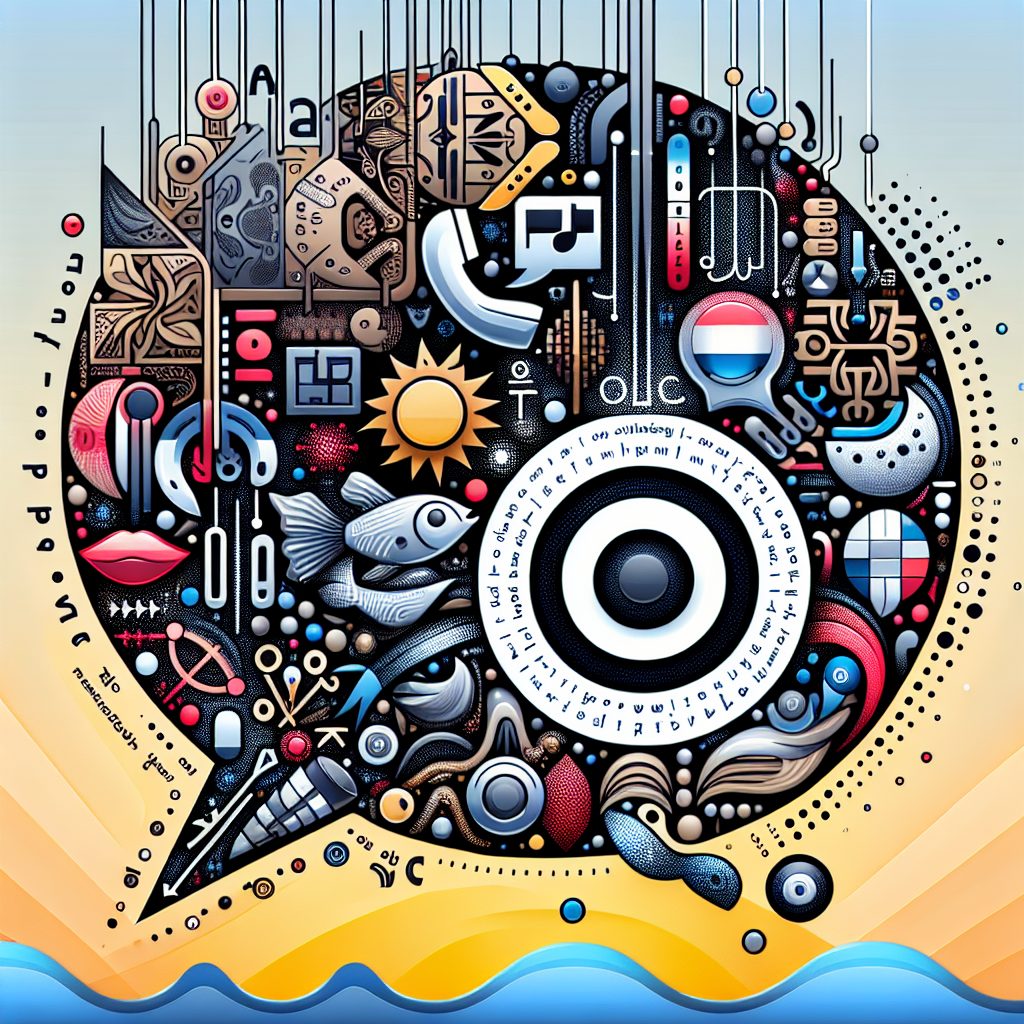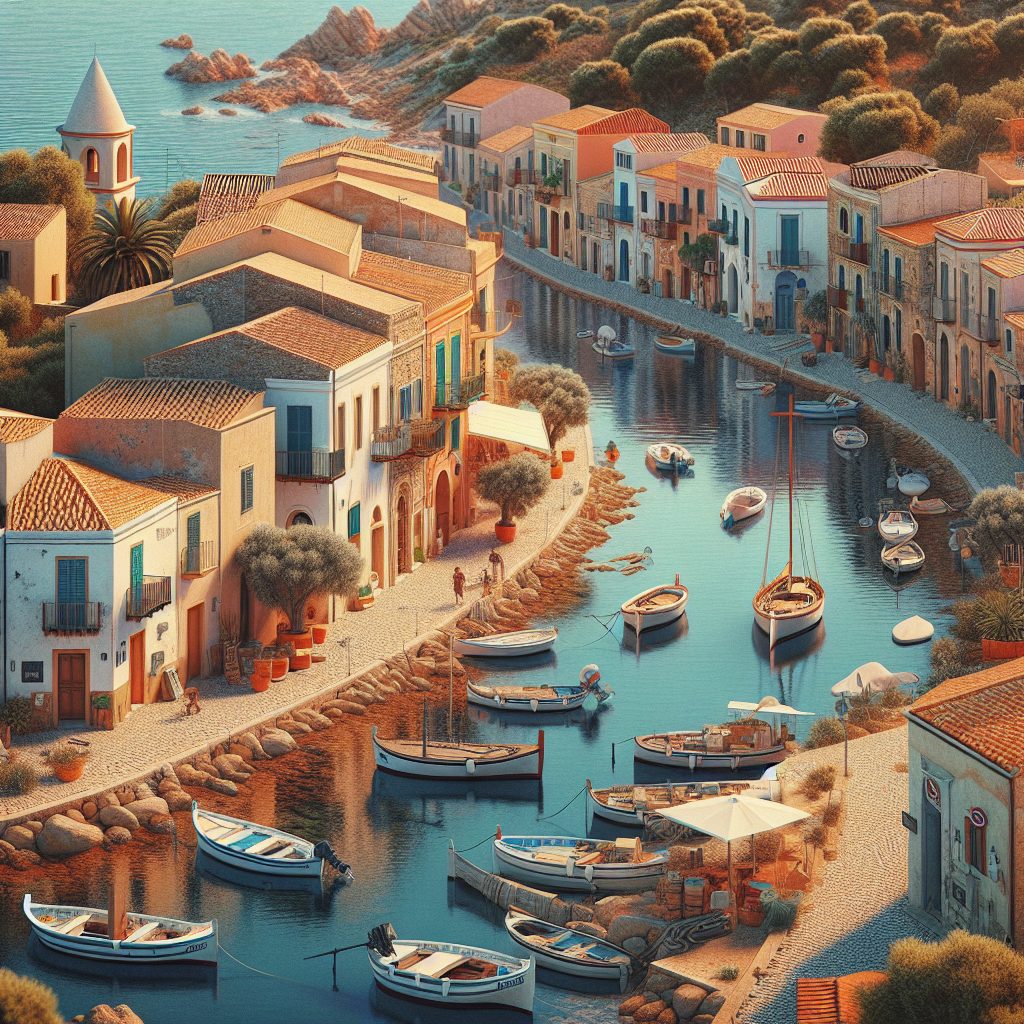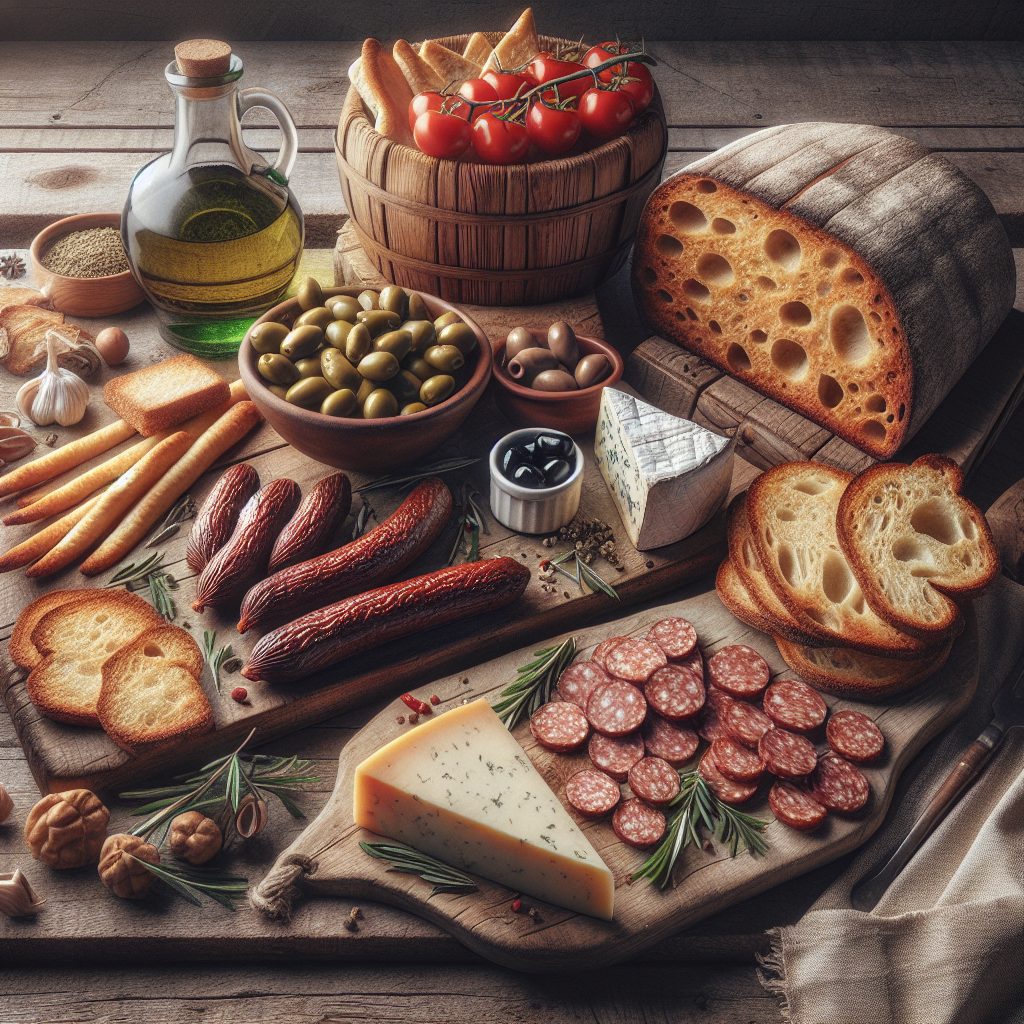Sardinian language speakers refers to individuals who are fluent or have proficiency in the Sardinian language. This language is primarily spoken in the Italian island of Sardinia, and it is considered one of the oldest Romance languages still in existence. With its roots dating back to the ancient Nuragic civilization, the Sardinian language holds a unique position in the linguistic landscape of Italy.
Speaking Sardinian has several impacts and unique features. Firstly, it serves as an important cultural marker for the people of Sardinia. The language is deeply intertwined with the local traditions, folklore, and identity of the island. Preserving and promoting Sardinian is seen as a way to safeguard the rich heritage and distinctiveness of this region. Additionally, being bilingual in Sardinian and Italian can also have cognitive benefits, as studies have shown that bilingual individuals tend to have enhanced cognitive functions, such as better memory and problem-solving skills.
In the following part of this article, we will delve into the key takeaways related to Sardinian language speakers. We will explore the efforts made to preserve the language, examine the challenges faced by Sardinian speakers, and highlight the advantages of bilingualism. By delving deeper into these aspects, we hope to provide you with a better understanding of the importance and impact of Sardinian language speakers in the context of cultural preservation and linguistic diversity. Stay tuned to discover more about this fascinating topic!
Key Takeaways
1. Sardinian language speakers face a declining use of their native language primarily attributed to modernization and globalization efforts.
2. Linguistic policies in Italy have played a significant role in the marginalization of the Sardinian language, leading to a decrease in intergenerational transmission.
3. The Sardinian government has taken steps to promote and preserve the language through education, cultural initiatives, and the development of standardized writing systems.
4. Efforts to maintain and revitalize the Sardinian language have faced challenges, including limited resources, inconsistent support, and a lack of recognition at the national level.
5. Despite these challenges, grassroots movements and language activists continue to advocate for the Sardinian language, highlighting its cultural importance and working towards its revitalization and wider acceptance.
Who are the Sardinian Language Speakers?
Overview
Sardinian language speakers are individuals who speak the Sardinian language, a Romance language primarily spoken on the Italian island of Sardinia. With a rich history and unique linguistic features, the Sardinian language plays a significant role in the cultural identity of the island and its inhabitants.
Historical Background
The Sardinian language has its roots in the Latin spoken in the ancient Roman province of Sardinia. Over the centuries, various influences shaped the language, including Byzantine Greek, Punic, Spanish, Catalan, Italian, and Corsican. Despite enduring these changes, Sardinian has managed to preserve many archaic features of Latin, making it a fascinating language for linguistics researchers.
Linguistic Characteristics
Sardinian boasts a range of distinctive linguistic characteristics. It is classified as a Romance language, showcasing similarities with Italian, Spanish, Catalan, and other regional Romance languages. However, Sardinian stands out with its phonological, morphological, and syntactic features that distinguish it from its counterparts. These include the presence of ancient phonemes, a complex verbal system, and the maintenance of the neuter gender.
Language Varieties
Like many languages, Sardinian exhibits different dialects and regional variations across the island. These variations result from historical and geographical factors, with each region having its own peculiarities in terms of pronunciation, vocabulary, and grammar. The main dialect divisions include Campidanese, Logudorese, Gallurese, Sassarese, and Nuorese, each carrying its own charm and linguistic nuances.
Social and Cultural Significance
The Sardinian language represents a cornerstone of Sardinian culture and identity. Despite facing challenges from the dominance of Italian, efforts have been made to promote its preservation and recognition. Sardinian language speakers are proud bearers of a linguistic heritage that connects them to their past and contributes to the island’s cultural diversity. It plays a vital role in traditional folk music, poetry, literature, and oral traditions, reflecting the island’s rich cultural tapestry.
Frequently Asked Questions About Sardinian Language Speakers
1. How many people speak the Sardinian language?
There is no exact number, but it is estimated that several hundred thousand people in Sardinia speak the Sardinian language to varying degrees.
2. Is Sardinian recognized as an official language?
While Sardinian is not recognized as an official language at the national level, it does hold a special status within Sardinia, where it is protected and supported by regional laws.
3. Can I learn Sardinian as a foreign language?
Yes, it is possible to learn Sardinian as a foreign language. However, resources and opportunities for learning may be more limited compared to widely taught languages such as Spanish or French.
4. Are there any efforts to preserve the Sardinian language?
Yes, there are ongoing efforts to preserve and promote the Sardinian language. Initiatives include language revitalization programs, educational activities, cultural events, and the establishment of institutions devoted to its preservation.
5. Can I use Sardinian for everyday communication in Sardinia?
While many Sardinians understand and speak Italian, using some basic Sardinian phrases and expressions can be a great way to connect with the locals and show an appreciation for their culture.
Frequently Asked Questions
1. Are Sardinian language speakers bilingual?
Yes, many Sardinian language speakers are bilingual. As Sardinia is an autonomous region of Italy, Italian is the official language and widely spoken. Most individuals from Sardinia grow up speaking both Sardinian and Italian.
2. Can Sardinian language speakers understand other Romance languages?
Generally, Sardinian language speakers possess a certain level of mutual intelligibility with other Romance languages, such as Italian, Spanish, French, and Portuguese. However, the level of comprehension may vary depending on the speaker’s exposure and familiarity with these languages.
3. How many people speak the Sardinian language?
It is estimated that around 1.2 million people speak the Sardinian language, primarily in the region of Sardinia, Italy. However, the number of fluent speakers has been gradually declining over the years due to societal changes and the influence of Italian.
4. Is Sardinian a recognized language?
Yes, Sardinian has been recognized as a minority language in Sardinia since 1997. It gained legal protection and was acknowledged as one of the official regional languages of Italy. However, its status as a distinct language continues to be a subject of debate among linguists.
5. Can non-Sardinian speakers learn the Sardinian language?
Absolutely! Non-Sardinian speakers can learn the Sardinian language if they have access to appropriate learning resources and receive formal or informal education. It can be an enriching experience to explore the unique linguistic and cultural traits of the Sardinian language.
6. What are the main dialects of the Sardinian language?
The Sardinian language encompasses various dialects, but the four main ones are Logudorese, Campidanese, Gallurese, and Sassarese. Each dialect exhibits distinct phonetic, morphological, and lexical characteristics, often influenced by the historical and geographical factors of different regions in Sardinia.
7. Are there any efforts to revitalize the Sardinian language?
Yes, there are ongoing efforts to revitalize the Sardinian language. Various cultural associations, schools, and institutions advocate for the preservation and promotion of the language through language courses, cultural events, and the use of Sardinian in media.
8. Is Sardinian similar to Latin?
Yes, the Sardinian language has preserved many elements of Latin due to the island’s relative isolation and limited outside influence throughout history. Thus, it has often been considered as one of the closest living descendants of Vulgar Latin.
9. Are there written materials available in the Sardinian language?
Although the Sardinian language traditionally lacked a standardized writing system, efforts have been made to develop a written form in recent years. Today, you can find books, newspapers, magazines, and even websites in the Sardinian language.
10. What is the future of the Sardinian language?
The future of the Sardinian language is uncertain. While it faces challenges from societal pressure and declining fluency among younger generations, dedicated individuals and organizations continue to work towards its preservation. The active engagement and support of both Sardinian and non-Sardinian speakers will be vital in shaping its future.
Final Thoughts
The Sardinian language represents a rich cultural heritage and historical significance. It serves as a unique window into the linguistic diversity found within Italy, showcasing the island’s distinct identity. However, the language faces an uphill battle in maintaining its presence and relevance in the modern world. It is crucial to recognize its value and actively support efforts to preserve and promote the Sardinian language, ensuring its vitality for future generations.
As we appreciate the beauty and complexity of languages like Sardinian, we can celebrate the tremendous linguistic diversity that enriches our global community. Language preservation is not just a duty of the speakers themselves but a collective responsibility that embraces the beauty and power of human expression in all its forms.






